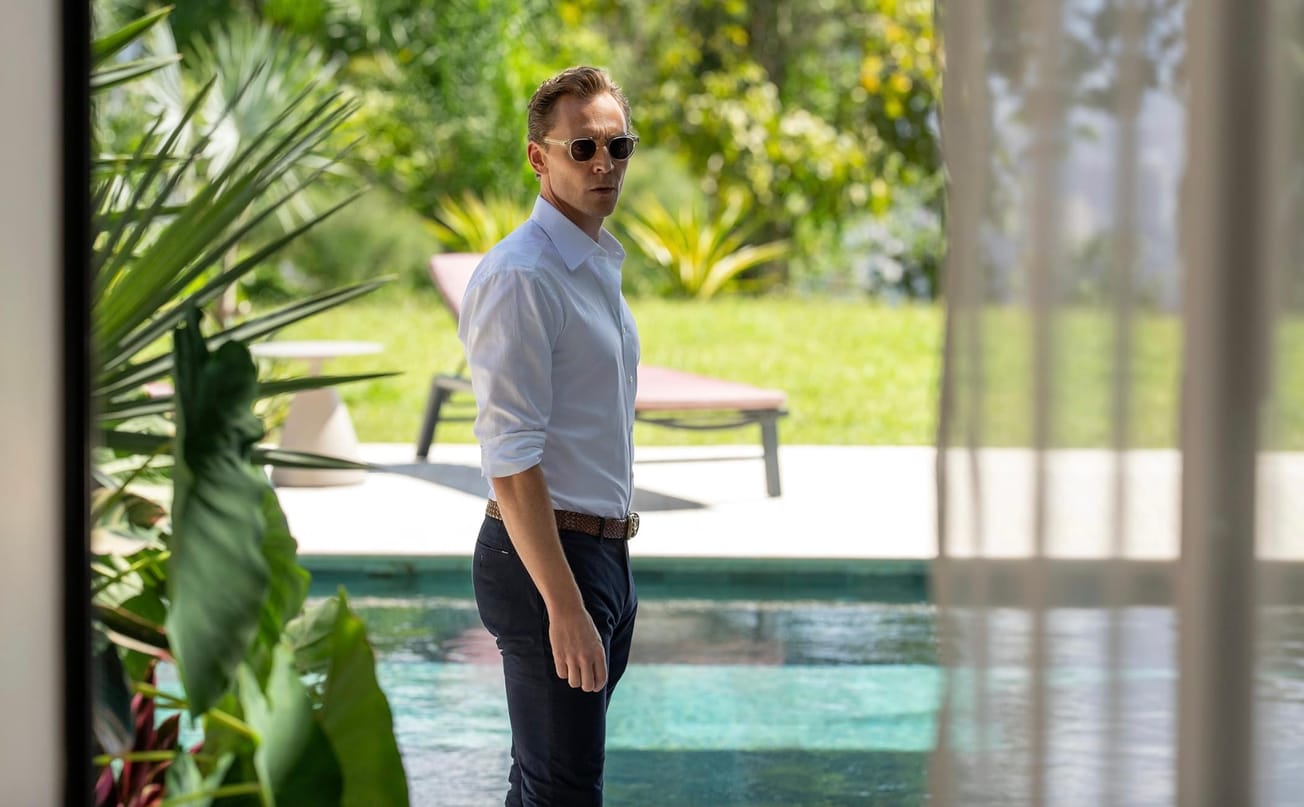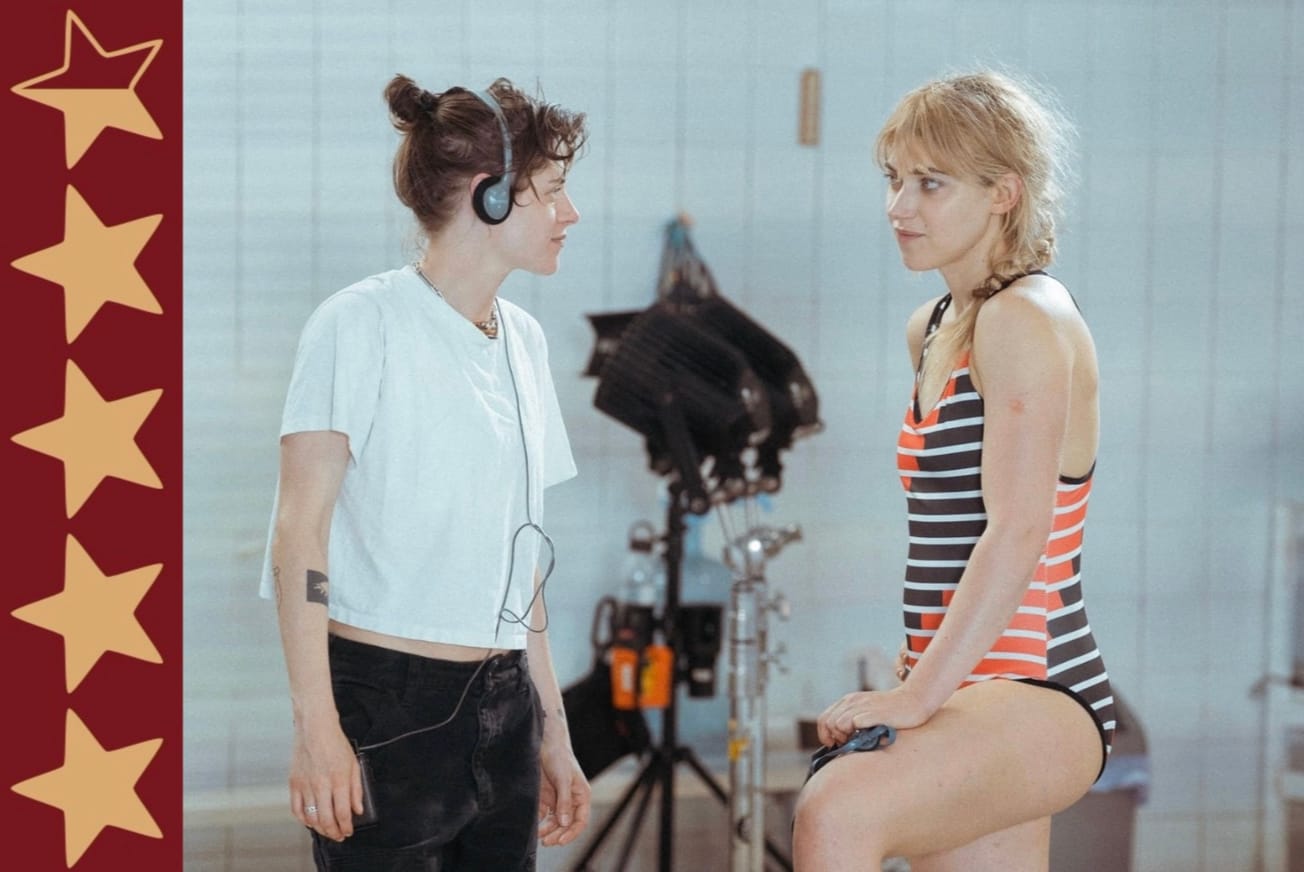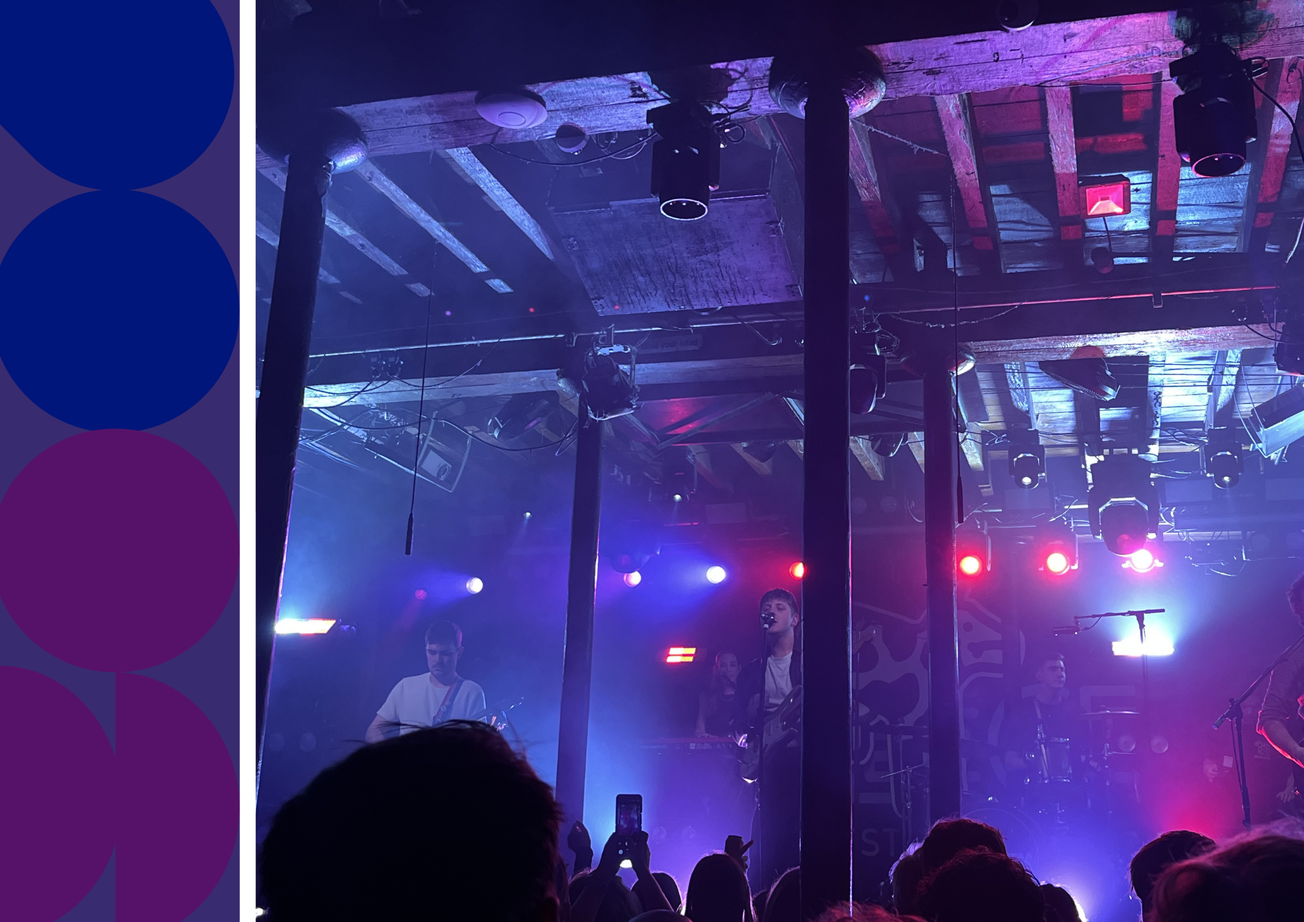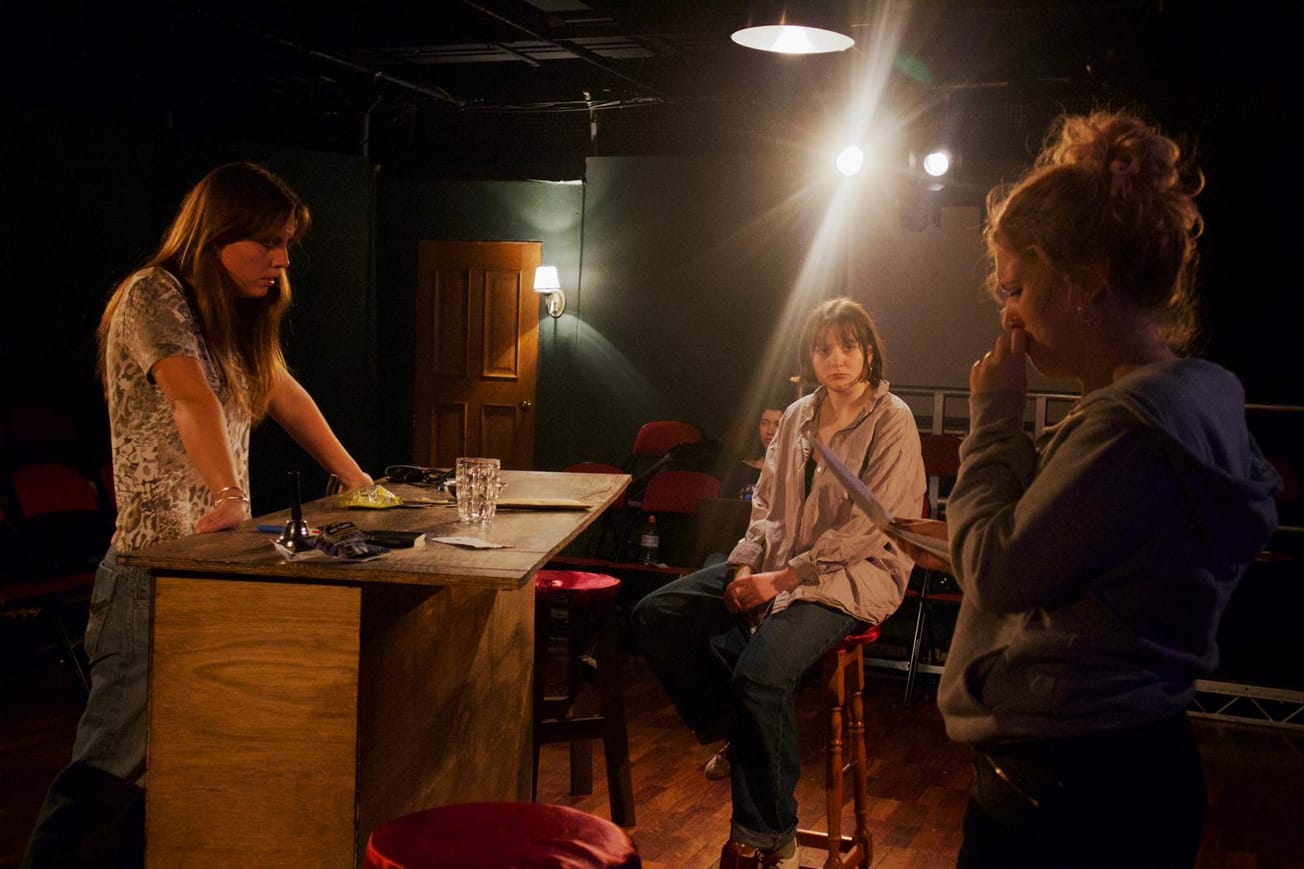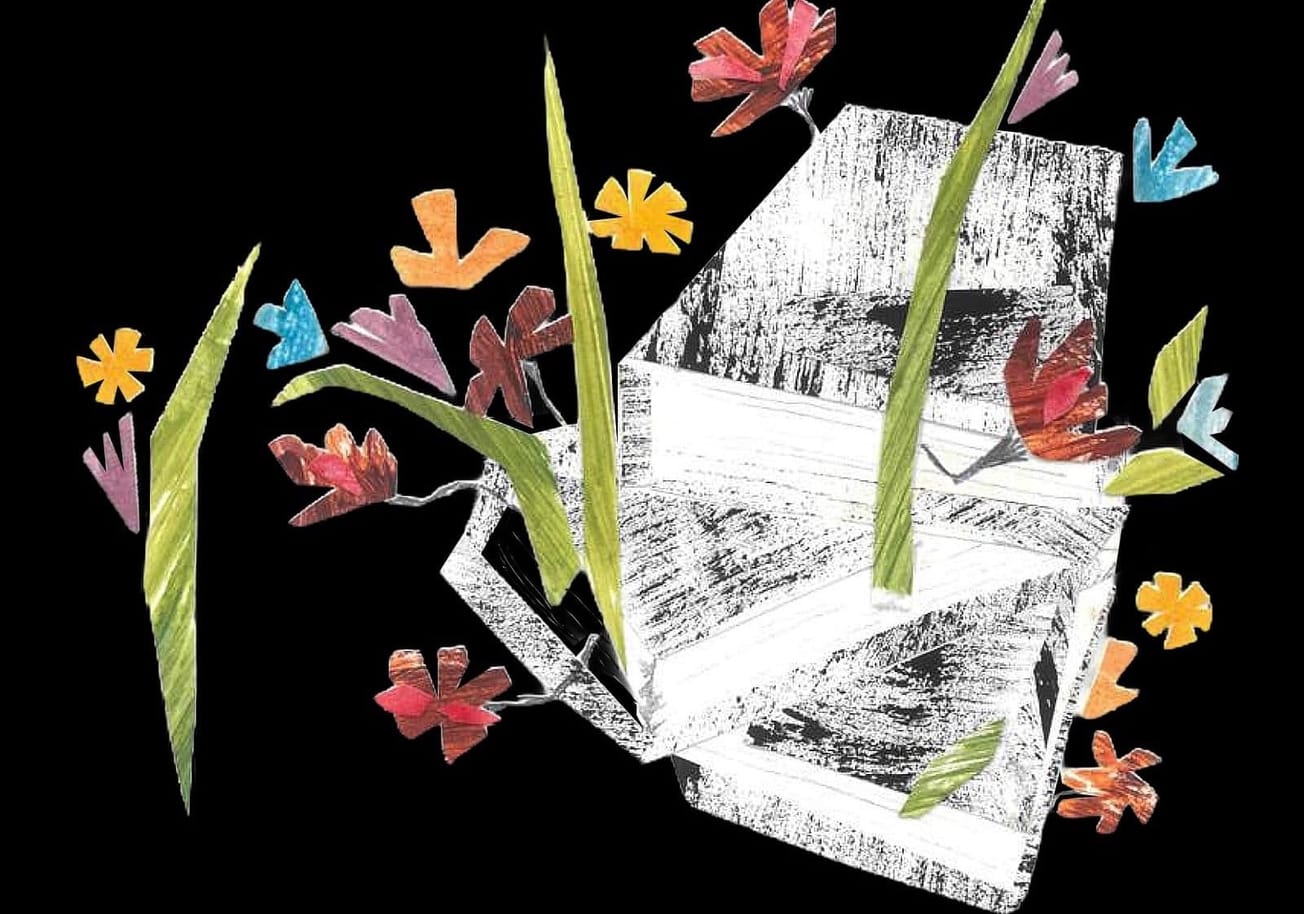By Abbie Holmes, Second Year, English
In the post-pandemic social media landscape, ‘nepotism’, ‘nepo-baby’ and every endless variation of the term has become quite the buzzword. Between that infamous 2022 New York Magazine cover, various controversial fashion choices, and the insinuation that your aunt being a children’s author might be enough to get you a Tonight Show appearance, conversations surrounding nepotism have become a sizable cog in the discourse machine. This makes sense. It wraps up pop culture, social hierarchy, and just a touch of jealousy all into one pretty package. But being so America-centric, internet discourse tends to brush over the culture of nepotism in the UK, specifically in our film industry.
Despite the small size of our nation, 13% of Oscar winners are British, and the nepotism and privilege that propels many of those operate a little differently than Hollywood’s usual family values. We are in what has been deemed an 'arts education crisis', and the demographics of those starring in and creating cinema in the UK is descending into a more extreme monolith with each passing year as less than one in ten UK arts workers have working-class roots. In the age of D&I and the alleged 'woke culture-war', why has this happened, and what effects is it having?
As a now infamous tweet pointed out a couple of months ago, a lot of British stars come from the same places, and the same schools. The now deleted post on X (formally Twitter), referencing rising pop star Lola Young, reads; “I felt like this woman appeared out of nowhere in the past few months so I had a Google. Her auntie wrote ‘The Gruffalo’ and she went to the BRIT school [...] Same as it ever was [sic]”. Comical association between the music and children’s publishing industries aside, there's a point to be made here. It seems that every time you Google the school of one of Britain’s industry elites, they went to one of about five schools, all either very expensive to attend or difficult enough to get into that it’s only accessible to the 1%.
What is perhaps most surprising at first glance is how many of these institutions are not Arts specialist schools, just your average public boarding school that boasts an impressive list of celebrity ex-pupils. Scrolling through the alumni page of the likes of Rugby or Marlborough is genuinely a little eye watering. This begins to expose what is unique about Britain’s nepotism. We are, simply put, a much older nation than say, the US or Australia, and so are our social hierarchies. In the UK, class is not skin deep, the number in your bank account only being a fraction of that economic identity. These schools represent a lot more than how much money your parents are able or willing to pay for your education. They represent centuries of privilege, education, and ultimately, access.
“The industry is built on nepotism, secret nods, handshakes, and unpaid internships.”- Sian Davies, Best in Class via The Guardian.
When you scroll through the Eton alumni, sure, you’ll find Tom Hiddleston and Eddie Redmayne, but you’ll also find twenty prime ministers, fifteen royals, enough politicians that you can’t put a number on it. All of this boils down to the fact that when you have social and economic access into every circle, you can enter any industry you wish. In the UK, access to the arts is not really about the fact that your dad might’ve been a producer for whoever a decade ago, but rather that if your dad knows the king, you know everyone. Where the average citizen might have to smash through a hundred glass ceilings for a glimpse into the circles that guard opportunity, being born ten rungs up the ladder avoids them entirely.
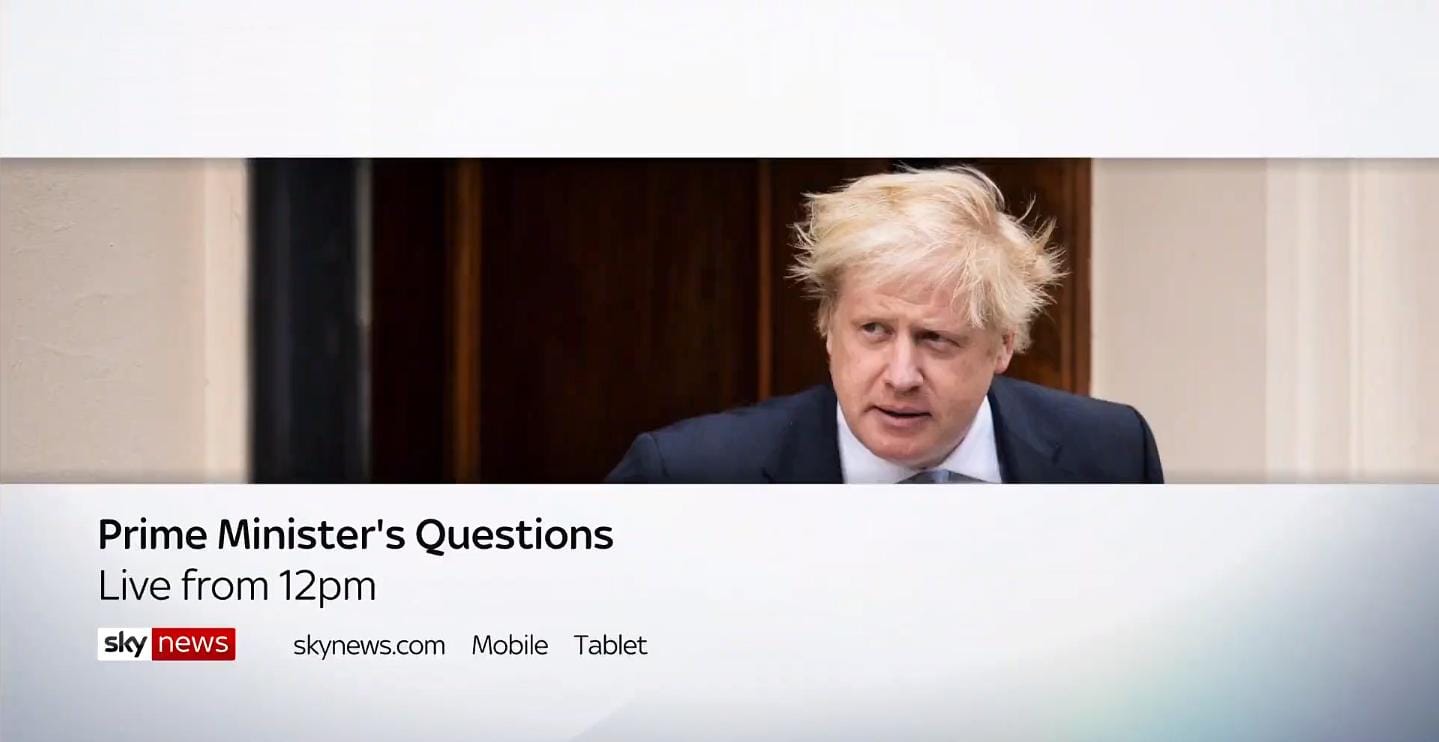
If we’re working in the reference frame of notable alumni, the BRIT school is one of these schools that churns out recognisable names. However, it doesn’t fit the typical mold. With its alumni including everyone from Tom Holland to Amy Winehouse, it’s a slight anomaly that the BRIT school is in fact free to attend. It’s not quite state-funded, instead backed by the BRIT Trust, but it does not carry the familiar hefty price tags of celebrity homesteads like Oxford’s Dragon School or Hurtwood House. But, despite the financial barrier being removed, others remain. The audition process includes everything from theoretical comprehension to extensive dance and acting observations based on the chosen pathway. These are skills that socio-economically subjugated individuals are both economically and culturally excluded from developing.
“The real problem is that working-class people look at the arts and think ‘this isn't something that people like me do.’ There is a perception across the board that there is something about the arts that is unattainable.”- Steven Knight via The Guardian.
A recent study by The Guardian revealed that not only are working class individuals less likely to approach the arts, but the opportunities available for working class individuals are declining. Research by Netflix shows that 9 in 10 working class parents discourage their children from pursuing a career in the arts because it’s not seen as a viable career option. Research released in 2022 found that 16.4% of actors, musicians and writers born between 1953 and 1962 had a working class background, a figure that has fallen to just 7.9% for those born four decades later.
“The projects that existed and were open to me have vanished from so many places.”- Shane Meadows via The Guardian.

Though the BRIT school has a large catchment area, including essentially all of Greater London, its attendees are still, ultimately, determined by location, admission for those further out being dependent on displaying 'exceptional merit'. It would be foolish to infer that all of London is some rich, stereotypically southern haven, but the average salary is £10,000 higher than the national average. Now put into perspective that 64% of all grammar schools are in the south, or that 44% of railway funding goes directly to London, and we end up back at the point of access. If the only way to get an arts education, thus, access into the arts, for regular non-boarding-school-attendee folk is to live in the capital and be from a family that has honed those skills, then the industry misses out on endless amounts of raw, untapped talent. BRIT school students may not be royals or members of elite old-money families, but they are statistically more likely to be from an economically privileged background, and once graduated, far more likely to have access to opportunities that other hopefuls simply don’t.
“There are whole parts of the country that have become cultural deserts where young people, in particular, don't have access to arts and culture at all.”- Lisa Nandy via Arts Council England review
Though the entire UK arts industry reflects these issues, film is a particular cesspit for them. You could, hypothetically, compose a song, or piece of artwork in your bedroom, market it yourself and craft a career. This cannot be said for the film industry. In pop music, around 8% of individuals are privately educated and 20% university educated, close to national averages. In film, however, 35% of BAFTA nominated actors are private school alumni, 64% being university educated. There’s undeniably thousands of talented amateur film makers across the nation, but to form a career out of it, funding is necessary. And when thousands of talented individuals are all gunning for that funding, it tracks that you might have a better shot if you know someone, or, in the case of the British public school system, everyone.

“Who tells the story determines the story that is told. So if you don’t have a diverse workforce in the arts world, then too many people’s stories will be erased from our national story.”- Lisa Nandy via Arts Council England review.
These factors present a grim reality for those hoping to enter into the film industry, but with determination, hopefully this can change. The first step is discussing it, and truly recognising the systematic issues that fuel the industry. In the past few months, there’s been an influx in case studies from the likes of Channel 4, The Independent and The Guardian discussing the crisis of access into the arts for culturally disadvantaged peoples. The likes of Arts Council England have launched initiatives to improve access into the arts for everyone from working-class to disabled individuals. Ultimately, though the talent of many upper class individuals is plenty observable in their awards and critical acclaim, by freezing out other demographics, progression in film will stagnate. With the arts becoming further and further out of reach for those not born into the right circles, we will lose the raw narratives of the likes of Danny Boyle and Andrea Arnold that the UK film scene is known for. We need to acknowledge that the UK film industry is part of a much larger problem of systematic class structures within our culture. If we don’t attempt to dismantle these structures, and take risks funding and propelling the careers of individuals that keep getting ignored, we will never see the complexity of UK culture truly represented on our screens.


